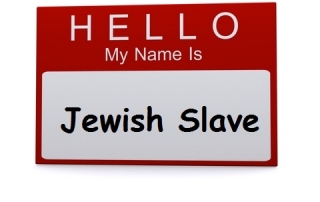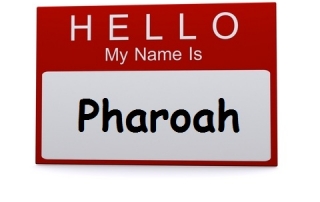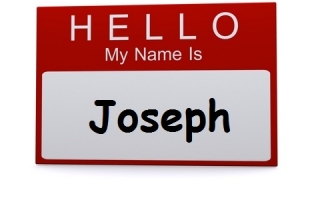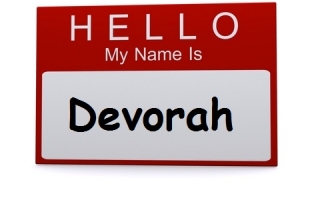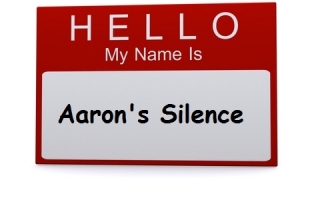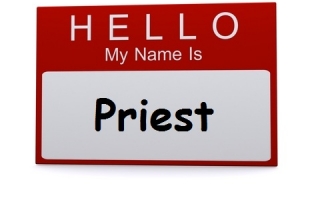Personal Parsha: Bo. A Jewish Slave in Egypt
Imagine you are a Jewish slave, and you are so excited about Moshe’s plan to take you out of Egypt in 2 weeks! Moshe explains all of the rules for the Pascal lamb sacrifice (has to be done on the 14th of Nissan, roasted whole, blood painted on the doorposts, etc.) and then he mentions that you cannot break the bones (to suck marrow or lick every inch) as you eat it. That seems very specific! Why is there such a prohibition? What would you think is the significance of that detail?

